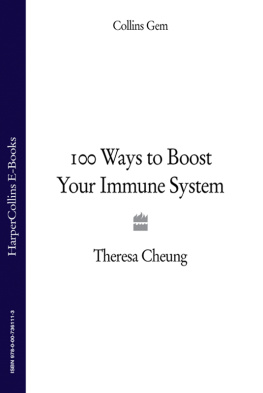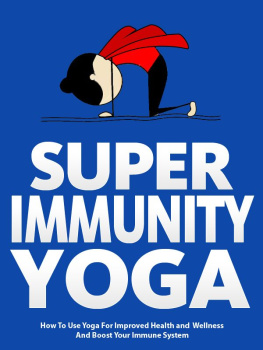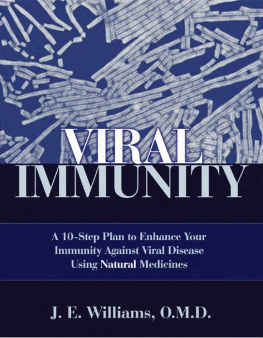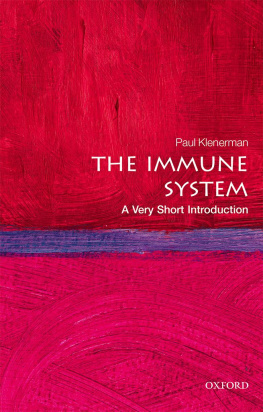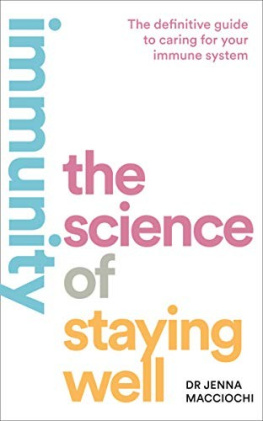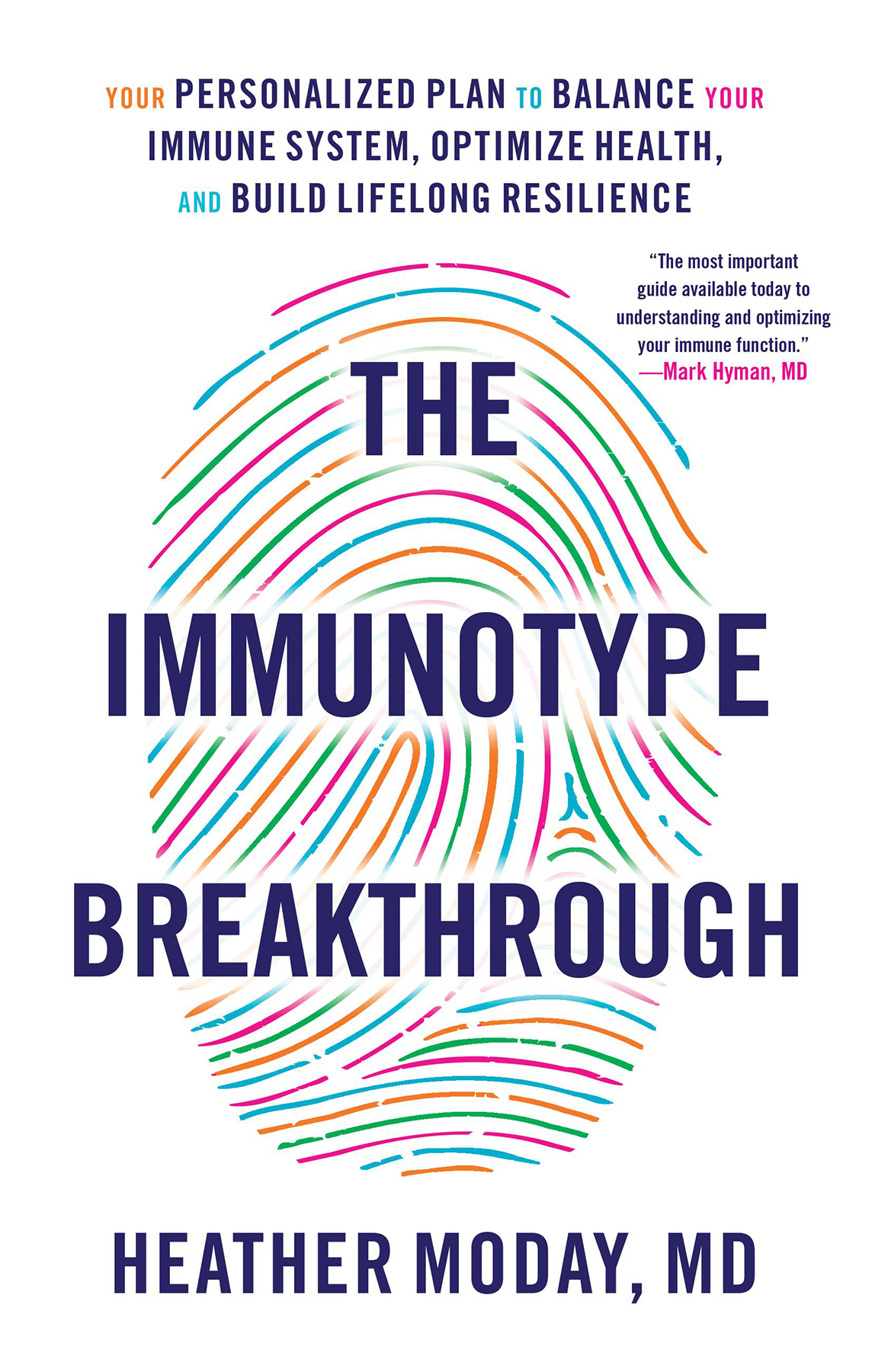
This book is intended to supplement, not replace, the advice of a trained health professional. If you know or suspect that you have a health problem, you should consult a health professional. The author and publisher specifically disclaim any liability, loss, or risk, personal or otherwise, that is incurred as a consequence, directly or indirectly, of the use and application of any of the contents of this book.
Copyright 2021 by Heather Moday
Cover design by Gregg Kulick
Cover art Getty Images
Cover 2021 Hachette Book Group, Inc.
Hachette Book Group supports the right to free expression and the value of copyright. The purpose of copyright is to encourage writers and artists to produce the creative works that enrich our culture.
The scanning, uploading, and distribution of this book without permission is a theft of the authors intellectual property. If you would like permission to use material from the book (other than for review purposes), please contact permissions@hbgusa.com. Thank you for your support of the authors rights.
Little, Brown Spark
Hachette Book Group
1290 Avenue of the Americas, New York, NY 10104
littlebrownspark.com
twitter.com/lbsparkbooks
facebook.com/littlebrownspark
Instagram.com/littlebrownspark
First ebook edition: December 2021
Little Brown Spark is an imprint of Little, Brown and Company, a division of Hachette Book Group, Inc. The Little, Brown Spark name and logo are trademarks of Hachette Book Group, Inc.
The publisher is not responsible for websites (or their content) that are not owned by the publisher.
The Hachette Speakers Bureau provides a wide range of authors for speaking events. To find out more, go to hachettespeakersbureau.com or call (866) 376-6591.
ISBN 978-0-316-26238-5
E3-20211021-JV-NF-ORI
For Erica and the boys
The Mystery of the Immune System, Our Bodys Greatest Defense Mechanism
T he year 2020 was a year well never forget, for so many reasons. For me, an immunologist and integrative and functional medicine expert, 2020 will always be the year when everyone started talking about the immune system. Terminology like cytokines, antigens, and herd immunity became commonplace lingo in socially distanced backyard gatherings.
Before COVID-19 hit, most of us probably didnt give our immune system a second thought, except maybe to figure that it helped us get over the common cold and back to work a little bit quicker; but all of a sudden, we started to look at it as a lifesaving mechanism in our bodya matter of life or death. And tragically, for many people throughout the course of the COVID-19 pandemic, the robustness of their immune system has been the determining factor between the two.
I wouldnt wish the year 2020 on anyone. But I cant help but feel that one positive that emerged was that we all started giving some respect and attention to the role our immune system plays in our lives. It is, after all, our bodys greatest defense mechanism. Its what keeps you and me alive every day, no questions asked. But unfortunately, our immune system has long been taken for granted, ignored, and even abused.
Think about it: Every year we get screening tests for all kinds of things. We receive colonoscopies and mammograms to rule out cancer; we have cholesterol and blood pressure checks to analyze our cardiovascular health; some of us even get tested for nutrient deficiencies and have blood analyses for our liver and kidneys. But no one goes to their doctor and gets an immune system checkup. Just asking for that would likely generate a confused look and some head-scratching from your doctor.
Why is that? The immune system is clearly importantwhy dont we think about its general health and maintenance?
Part of the problem is that the human immune system is an enigma to much of the medical community, save for specialists and researchers. Quite honestly, I understand why. Its an incredibly complex system made up of innumerable cells, receptors, and chemical messengers that all seem to have intimidating names composed of perplexing numbers, letters, and symbols.
Not to mention, most doctors arent taught that much about the immune system in medical school. Personally, I took a single immunology course in my second year of medical school and memorized enough facts to pass my exams. Had I not decided later to become an immunologist, I would have relegated most of that knowledge to the cobwebbed recesses of my brain, filed alongside the exact sequence of development of the fetal heart and the complex organic chemistry reactions I memorized (and then promptly forgot).
Another hurdle to understanding the immune system is the massive amount of new research that has emerged in the past few decades. The field of immunology is evolving at a furious pace, constantly changing what we understand on a day-to-day basis. For a relatively young sciencewith origins in discoveries by the Russian scientist lie Metchnikoff in 1883the sheer volume of new information to keep up with is daunting for most doctors.
This truth was apparent in the way we scrambled as a societyrather, as a planetto understand the SARS-CoV-2 virus and arm our immune systems to protect us from it. We all wondered what we should do to safeguard ourselves from infection with the virus. We donned masks, bought gallons of hand sanitizer, and socially distanced to the point of shutting down businesses, canceling holidays, and working from home for more than a year. We researched online whether certain supplements and dubious cures might protect us, and stayed glued to the news about the worldwide race for a vaccine. We heard about underlying conditions being a risk factor for bad outcomes and worried whether we were one of the vulnerable ones. We wanted to boost our immune systems but then learned that most people dying from COVID-19 suffered an overactive immune response called a cytokine storm. Its confusing, isnt it? So many questions and so few answers. It was enough to make us feel scared, overwhelmed, and as if our world was totally ill-equipped to handle an invisible microbe that spread like wildfire.
The fact is that supporting the immune system in the right way at the right time takes a little finesse. This is especially true when theres a novel threat, such as SARS-CoV-2. After all, theres no one reliable screening exam for our intricate and mysterious immune system. As you will discover in this book, our immune system is located in every nook and cranny of our body. Its a moving target and has no real boundaries or specified organs where it can be completely isolated and measured. You cant scan it with an X-ray, biopsy it, or determine its strength or weakness with a single test.
And even though weve been able to quickly develop effective vaccines for COVID-19, our immune systems will continue to face different challenges, such as new emerging viruses, throughout our entire lives! Thats not where the threat to our immune system endsnot even close. Because even though we commonly associate the immune system with fighting off bacteria and viruses, the truth is that our immune system does way more than that. Its behaviorgood or badinfluences or causes almost every disease known to humanity. The immune system is intricately involved in microbe-related illnesses like the common cold and flu, yes, but it is also a huge factor in heart disease, lung disease, diabetes, Alzheimers, and cancer, which are the leading causes of death worldwide.
There is no other system in the body this elaborate and far-reaching. Essentially, the integrity of our immune system is the holy grail for the best quality of life. At the end of the day, its health determines whether we get sick and die of disease or enjoy hardy longevity.


